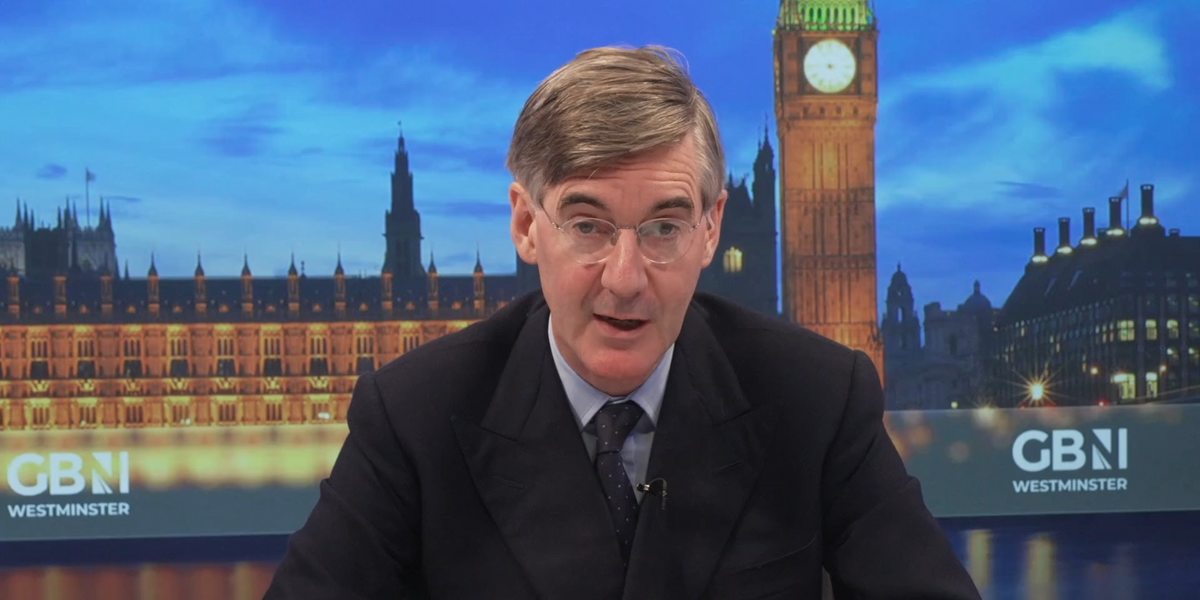The Erosion of Free Speech: A Case Study from Durham University
In recent months, the landscape of free speech in the UK has come under scrutiny, particularly in academic settings. One of the first actions taken by the Labour Party upon entering office was to dismantle protections for free speech, a move that has sparked significant debate and concern. This article delves into a specific incident at Durham University, where the historic Durham Union Society has found itself at the center of a controversy that highlights the broader implications of this political shift.
The Labour Party’s Stance on Free Speech
Education Secretary Bridget Phillipson’s decision to abandon the Conservative government’s legislation aimed at safeguarding free speech in universities has raised alarms among advocates of open discourse. The rationale behind this abandonment was that such laws were unnecessary. However, recent events suggest that the need for robust protections against cancel culture is more pressing than ever.
The Exclusion of the Durham Union Society
The Durham Union Society, a venerable debating society with a history spanning 182 years, has been excluded from the university’s freshers fair by the Students Union. This decision has been framed by the student union as a response to historical allegations of racism against the society. However, insiders at GB News suggest that the situation is far more complex and indicative of a broader ideological battle within the university.
Historical Context and Ideological Conflicts
In recent years, the Durham Union Society has faced accusations from the student union of being a "safe haven for colonial apologists." In an effort to maintain its presence on campus, the debating society has attempted to engage with the student union’s demands for an equality, diversity, and inclusion (EDI) agenda. However, despite these efforts, the society’s attempts at compliance have not sufficed to meet the stringent criteria set by the student union.
The student union’s insistence on ideological purity has led to what can be described as "ideological blackmail." The society has been told that to be included, it must adhere to the union’s EDI standards. This creates a paradox where inclusivity is contingent upon the acceptance of specific ideological viewpoints, effectively marginalizing dissenting voices.
The Role of Conservative Legislation
The Conservative legislation that was halted at the last moment would have imposed duties on university authorities to uphold free speech, thereby preventing the student union from blacklisting the Durham Union Society. This legislation would have provided a framework for the society to appeal against its exclusion, ensuring that its right to free speech was protected.
The failure to enact this legislation is significant, as it reflects a broader trend of diminishing protections for free speech in academic institutions. The Labour Party’s alignment with EDI extremism has contributed to an environment where free speech is increasingly vulnerable to ideological scrutiny.
The Broader Implications for Free Speech
The situation at Durham University is emblematic of a larger issue facing universities across the UK and beyond. As political ideologies shift and evolve, the fundamental principles of free speech are often compromised. The current iteration of socialism, as represented by figures like Keir Starmer, appears to be no different in its approach to dissenting voices.
Historically, socialists have altered their rhetoric and symbols, but their opposition to free speech remains a constant. The truth, often seen as a threat to socialist ideologies, is sidelined in favor of a narrative that prioritizes ideological conformity over open debate.
Conclusion: A Call for Vigilance
The exclusion of the Durham Union Society from the freshers fair serves as a cautionary tale about the fragility of free speech in academic settings. As the Labour Party continues to pursue policies that undermine these protections, it is imperative for students, educators, and advocates of free speech to remain vigilant. The erosion of free speech not only stifles debate but also threatens the very foundations of democracy and intellectual inquiry.
In a world where ideological purity is increasingly demanded, the need for robust protections for free speech has never been more critical. The events at Durham University remind us that the fight for free expression is ongoing, and it is a battle that must be fought with unwavering resolve.
